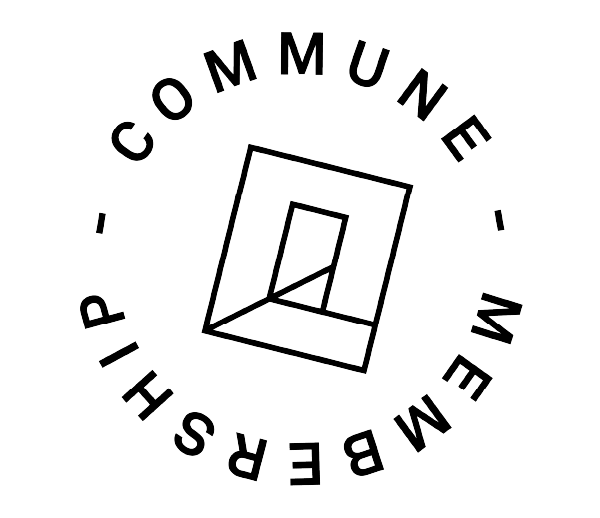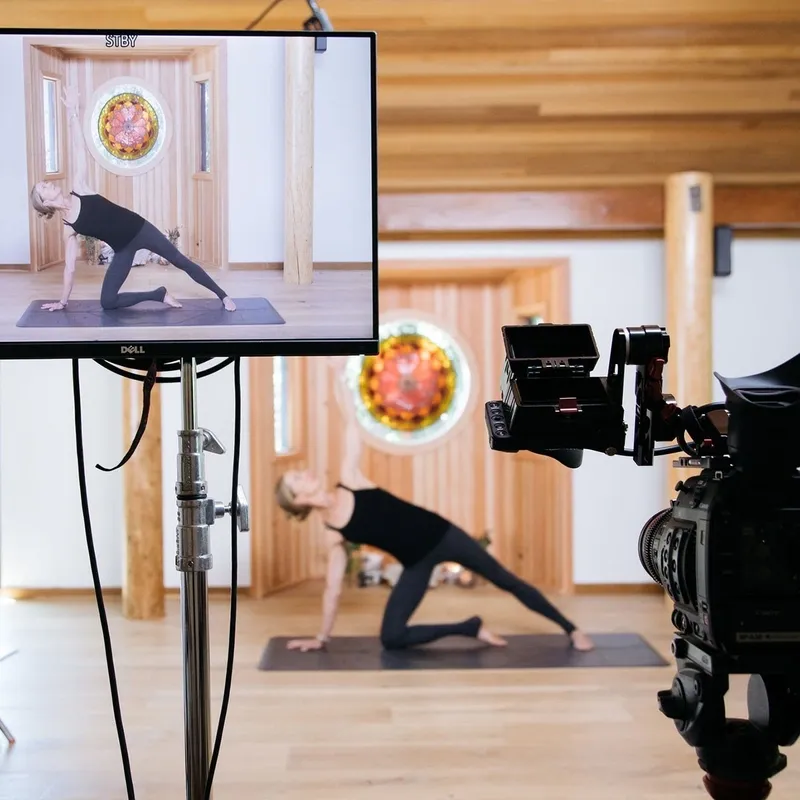
Leading Teachers, Life-Changing Lessons
We create video courses and online workshops in personal development, mindful movement, spirituality, health, environmental regeneration, and social activism.

Good Stress with Jeff Krasno
This course teaches you 10 paleolithic protocols to optimize your well-being by triggering your body’s built-in, adaptive mechanisms.
Learn how to effectively engage in deliberate cold and heat therapy, light therapy, and exercise to maximize their impacts. Explore traditional approaches and the many benefits of mind training, breathwork, and re-wilding and how they lead to greater focus and psychological resilience. And discover how you can improve your “social fitness” and have positively stressful conversations.
This course is fun, informative, and (as you will realize) not all that stressful. Plus, it will add years to your life and life to your years.

Featured Programs

Optimize Your Metabolism
with Dr. Casey Means
This 8-day online video course covers the science and philosophy of “good energy,” so you can say goodbye to fatigue and reclaim your vitality. Learn how you can align your daily choices – from nutrition and exercise to detoxification protocols – to best support your metabolism, now and for the rest of your life.

Explorations in Consciousness
with Ram Dass, Louie Schwartzberg, and Mickey Hart & Zakir Hussain
This series of 10 audio-visual journeys will dissolve the dreariness of reality and spark your inner transformation. Combining the wisdom of Ram Dass with the transcendent visuals of Louie Schwartzberg and the sweeping soundscapes of Mickey Hart and Zakir Hussain, this unique program will peel away the stress of everyday life and elevate you into a higher state of awareness.

Hypnotherapy for Mental Health
with Marisa Peer
This 8-day online course with renowned hypnotherapist and Rapid Transformational Therapy® creator Marisa Peer will help you cultivate resilient mental health, experience incredible self-esteem, and create lasting confidence. Her specialized meditation practices are designed to transform the way you think about and talk to yourself — so you can be free to have anything you want in life!
Our mission is to bring well-being
to people worldwide.
and Counting…
“Commune made me love my life again.”
Gunda, Commune Member
“Over the past few months your courses have helped me navigate some big decisions and helped me to see my new path ahead.”
Emily, Commune Member
“The courses that I have done so far have opened me up and shifted my thinking in very powerful ways.”
Paula, Commune Member
“The biggest benefit has been growing a little more each day, becoming a little more present, mindful and connected. I've felt ease flow through my days.”
Sophie, Commune Member


Commune Membership
Your all-access pass to total wellness
Join Membership to enjoy unlimited access to our library of 100+ courses and thousands of yoga, meditation, and breathwork classes.
Our courses are designed to fit into your schedule with day-by-day lessons, practices, and self-reflection exercises ranging from just a few minutes to an hour.
We make it easy for your well-being to be a daily habit!
LEARN MORE ABOUT MEMBERSHIP
The Podcast
The Commune Podcast is where we explore the ideas and practices that help us live healthy, connected, purpose-filled lives. Each week host Jeff Krasno speaks with teachers, spiritual leaders, doctors, and storytellers on topics related to personal and societal well-being — from nutrition and integrative medicine to spirituality and personal growth to environmental regeneration and civic engagement.
Our Lab in Topanga, California
At the end of the end of the end of a road, nestled in a remote valley of the Santa Monica mountains, is Commune Topanga — a laboratory for living and learning on 10 acres of meandering paths, oak trees, and organic gardens. This is where the ideas and practices we embrace play out in real life.
Our door is open...
Stay connected with all things Commune, from new courses and free online events to weekly musings, podcasts, and videos.
Spam-free. Unsubscribe at any time.
















